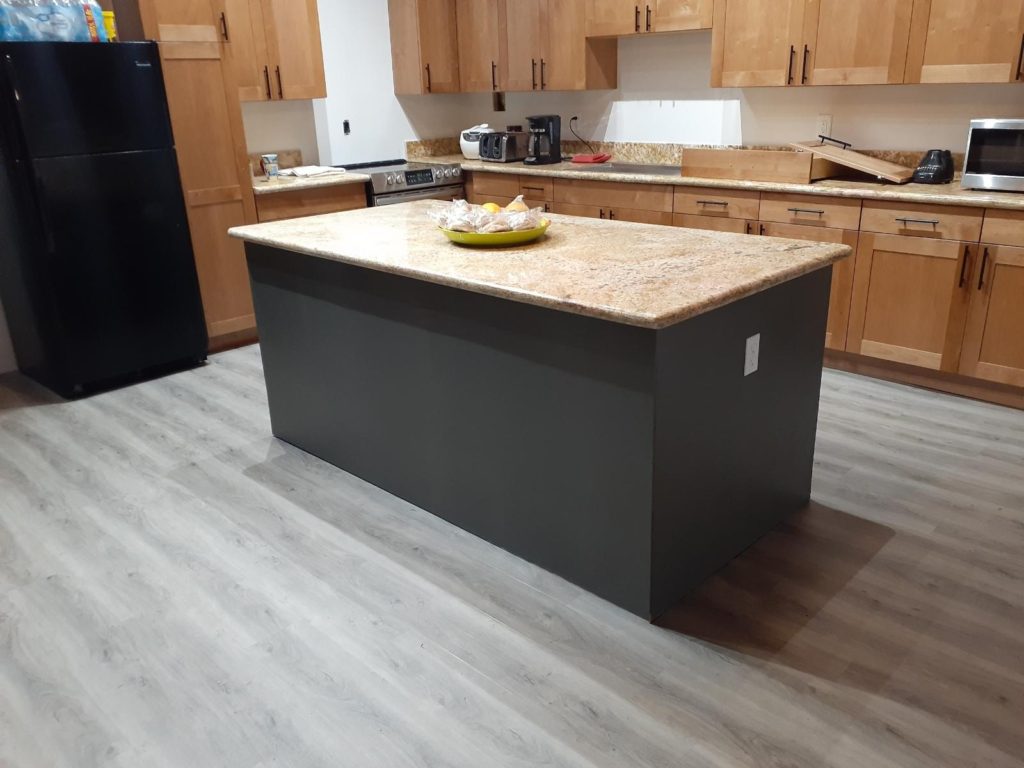
‘A ‘ohe pau ka ‘ike i ka hālau ho’okahi.
All knowledge is not taught in the same school. One can learn from many sources. *(‘Ōlelo no’eau)
HOW OUR PROGRAM HELPS
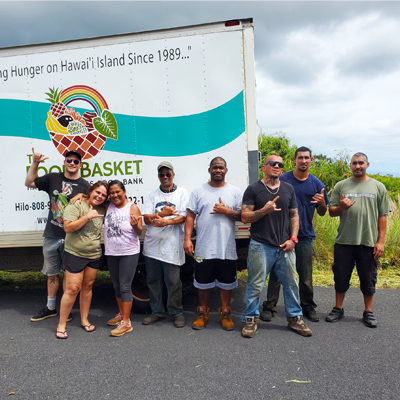
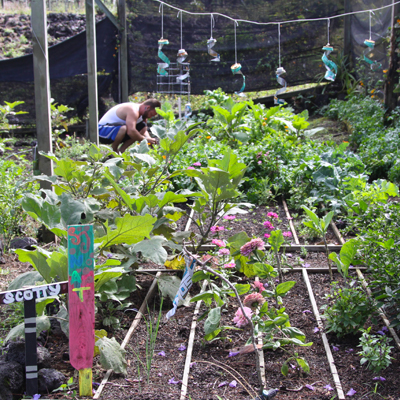
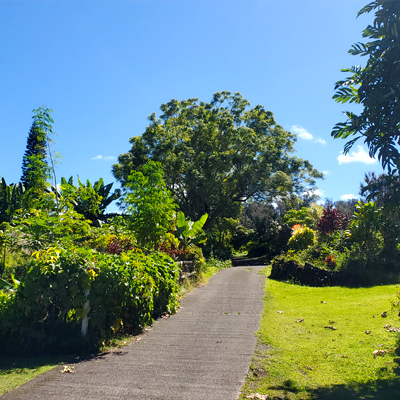
We recognize that there are many paths that can lead an individual to recovery. Bridge House incorporates traditional substance use education, cultural groups, 12-step recovery, and SMART Recovery as part of the recovery process.
These components ensure growth opportunities for Bridge House clients in enhancing communication and conflict resolution skills, developing healing and healthy lifestyle practices, and helping clients prepare for and secure employment.
Outpatient Treatment & Recovery Services Program
Our Outpatient Treatment program provides a non-residential continuum of care for substance use disorders for adult men & women over the age of 18. These services include, but are not limited to, substance abuse assessments, outpatient treatment education, health and wellness planning, individual counseling, care coordination, cultural groups, acupuncture, and access to supportive recovery services.
Transitional Sober Living Program
This 6-month sober living program provides transitional housing for unrelated adult men & women over the age of 18. It is located on a 7-acre farm in Keauhou Mauka. Residents participate in a dorm style of living with shared rooms and shared responsibilities. This ‘ohana style living places importance on taking care of responsibilities, helping others and following program rules. Residents must be ambulatory as we are located on farm land and many areas are quite hilly and rocky. We participate in the cultural practice of Aloha ‘Ä€ina and care for the land that is providing for us. All new admits need be at least 15-days clean and sober. Residents must be willing to attend substance abuse treatment services and are offered recovery service supports. Residents must also participate in the Vocational Skills Building Program.
Vocational Skills Building Program
This is a key part of the Bridge House programs and it is also mandatorythat allhousing residents participate. The proven successful VSB program helps to prepare the unemployed resident for entry/reentry into the workplace. Clients are assigned daily or weekly work projects on site by the staff, where they learn work skills, responsibility, dependability and good attitude. Clients are also assisted with resume preparation, interviewprep, are instructed in the use of various office equipment and provided transportation to job interviews. Clients may also be directed to job training or educational programs.
Thegoalof vocational skills building is for clients to be employable and employed when they leave the program and almost all have jobs when they complete the program. Bridge House is proud to note that many of our graduates have gone on to become successful business people within the community; we are fortunate that many of these graduates are now willing to be called upon – and able to offer job opportunities – to the next generation of Bridge House graduates.
Support Services & Activities
Cultural Values
We honor and value the role that culture and cultural identity plays in the health and integrity of an individual. Native perspectives on health and healing are based on the concept of a person suffering from imbalance and/or disconnection. The integration of cultural elements is a vital part of our programs’ healing and restoration process. Native Hawaiian cultural values, practices, healing, as well as natural plant-based healing, eastern traditions and native land stewardship and perspectives, are the foundation of cultural learning opportunities in our programs.
- Acupuncture
- On-Site MÄla (Garden)
- Other culturally based activities
Support Groups
Alcoholics Anonymous (AA) or Narcotics Anonymous (NA) support group meetings in the local community (or online) are mandatory for clients attend, as well as obtaining a recovery sponsor. We recognize that there are many paths that can lead an individual to recovery. While there is an emphasis on the 12-step process in our programs, due primarily to accessibility on our island, clients are also introduced to SMART Recovery.
Addiction Care Coordination
Addiction Care Coordination is a service by which the Care Coordinator supports a client’s access to supportive services by working to communicate with the client, treatment providers, health, behavioral health and other community services to help improve positive outcomes for the client. This is a client centered service where the Care Coordinator begins by forming a healing working relationship with a client from the very first contact.
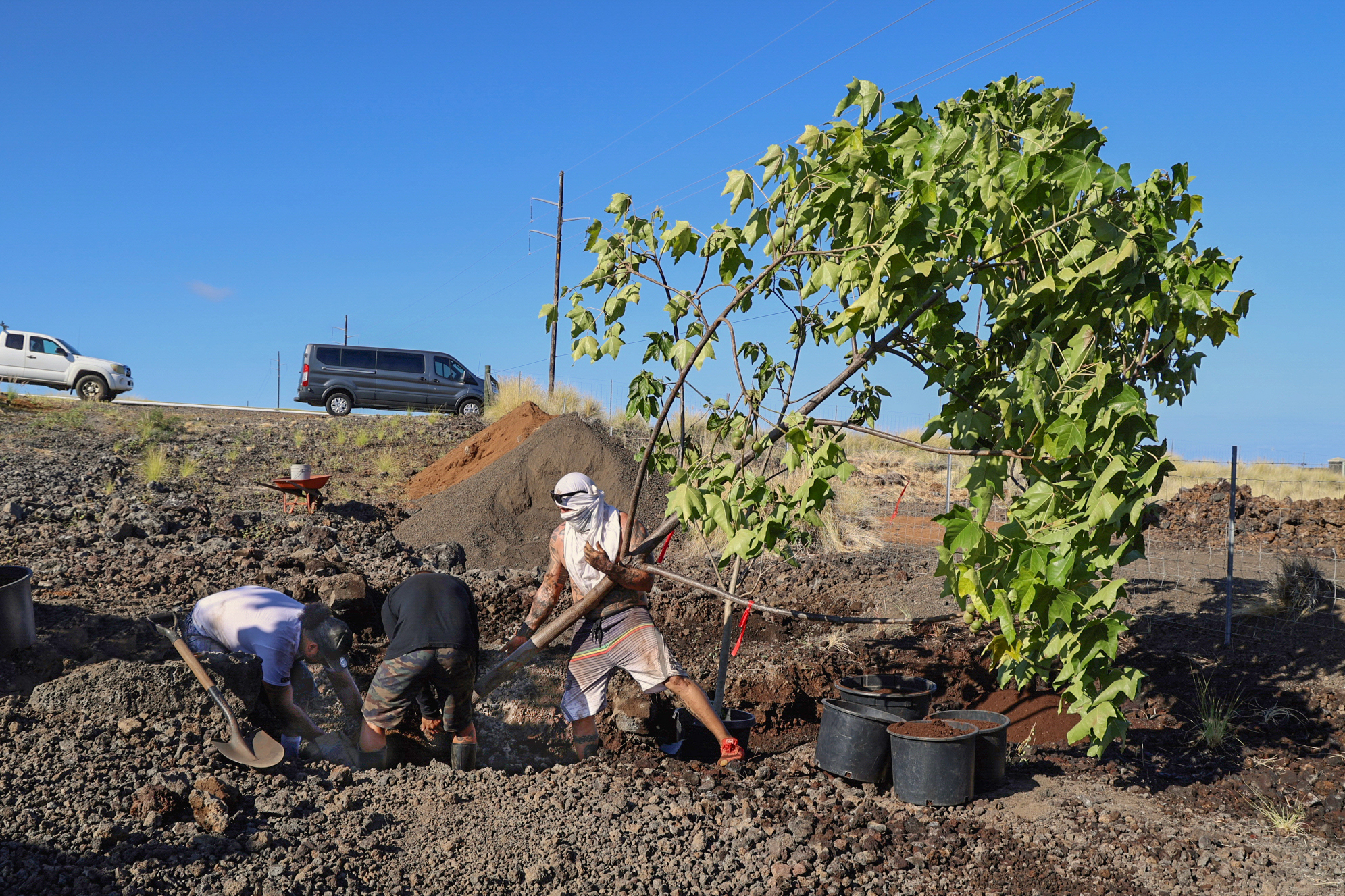
Transportation
Transportation is available but limited and must be scheduled and approved by staff.
* ‘Ōlelo no’eau are proverbs or poetical sayings that are commonly used when speaking Hawaiian. Most ‘Ōlelo no’eau can be found in the book, ” ‘Ōlelo No’eau – Hawaiian Proverbs and Poetical Sayings,” by Mary Kawena Pukui.
